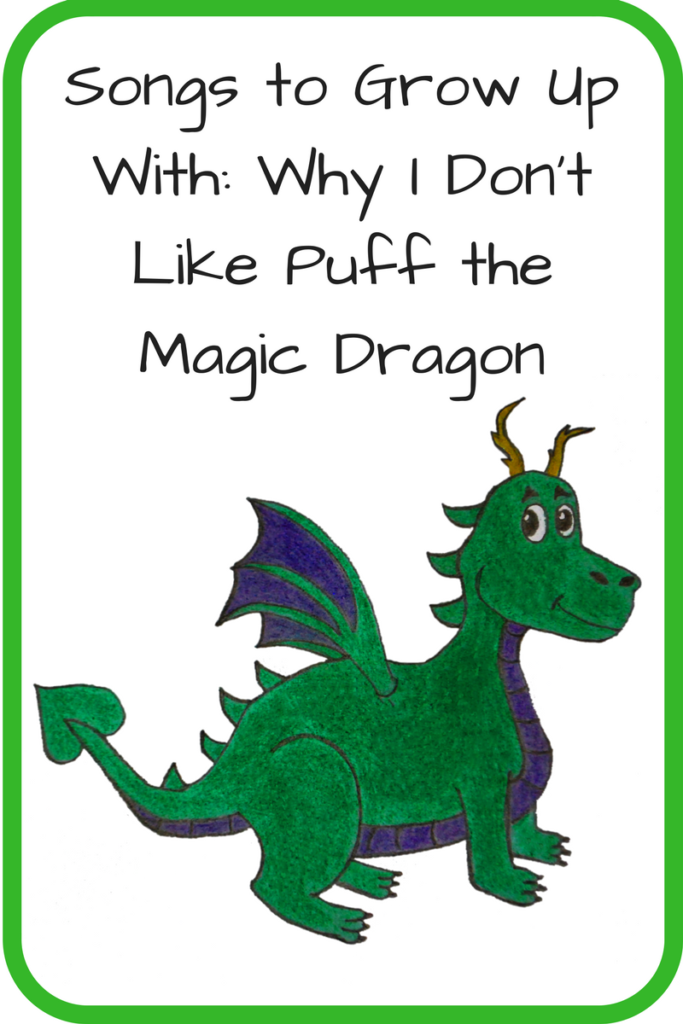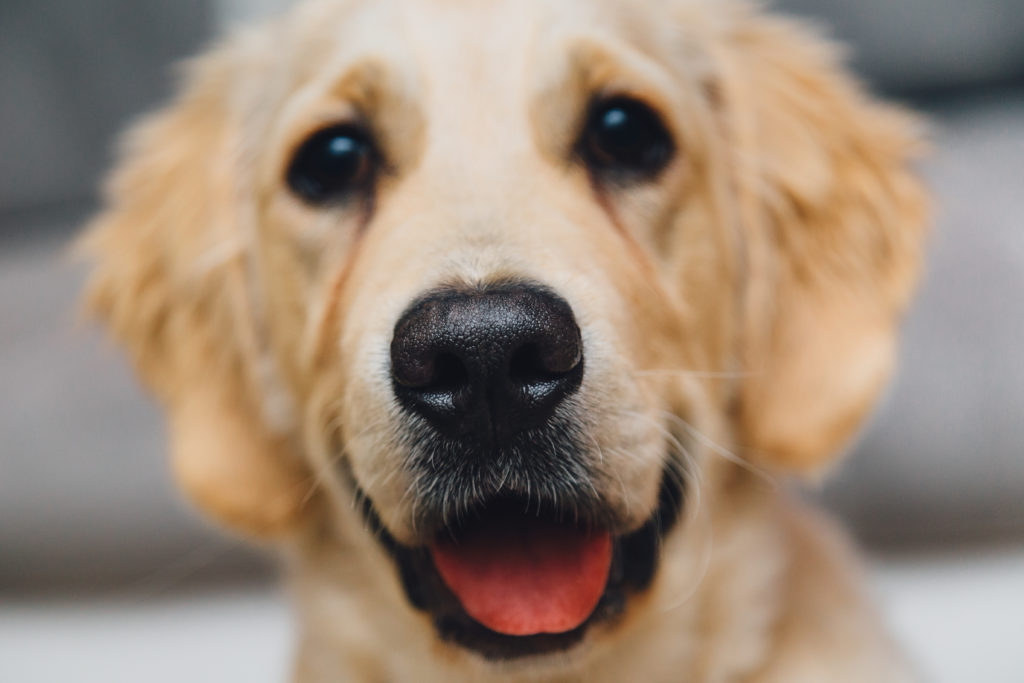I consider myself a recovering perfectionist. But like many addicts, I’ve come to realize that I’m not as close to recovered as I thought I was. It all came to a head on the last day of our Walt Disney World trip.
As a kid and young adult, my perfectionism was focused on my academic and work goals. But unlike many people, my perfectionism wasn’t paralyzingly – it was inspiring. Each ambitious goal I reached bolstered my confidence. On the occasion I didn’t meet my goal or even (gasp) failed at something, I was reassured that I had tried my hardest and would do well in the future.
That foundation failed me the minute I became a mom. Here I was, responsible for a entire person’s life, and completely unprepared. I had read plenty of books and taken the classes, but felt totally helpless. There was no grading system providing feedback and all of the advice was contradictory, leaving me lost.
Thankfully, I grew into my role with the support of my husband and family. I thought I came to grips with the fact that I’ll never know all of the answers and what works one day may become irrelevant the next. As Sprout developed into a happy, healthy kid, I felt better about my capabilities and choices. I even wrote an post about how toxic the idea of perfection was to me.
But all of those old worries flooded back on the first day of our trip. Trying to give Chris a break from his stay-at-home duties, I sat next to Sprout on the plane. At first, I was nervous that the pressure change would bother him, as my ears always have difficulty adjusting. Once we took off and he was fine (albeit surprised), I was obsessed with forestalling any potential crying fits. After all, I didn’t want to be “that mom.” After rounds off books and the See-and-Say, about 20 minutes from landing, I finally pulled out the big gun, the one thing I’ve never let him play with – my iPhone. Even then, I was on edge that he would start screaming any moment.
The trauma of the flight over, my mood lightened a little when we arrived at my grandmother’s house. But even there held untold risks. Our house is well baby-proofed, with the kitchen blocked off and everything strapped to the walls. While my grandmother made a valiant effort to prepare for our visit, her kitchen was open and there were still a few decorations within Sprout’s reach. We had to keep a constant eye on him to ensure he didn’t turn on the stove, pull open kitchen cabinets, rip pages out of books, knock over large ceramic figurines, or any other number of potentially disastrous scenarios. The hotel room was almost as bad on the baby-friendly front, between the full kitchen and our fellow travelers’ tendency to leave the bedroom and bathroom doors open. So even when we should have been relaxing, I was on high alert.
The parks only exacerbated my worries. Sprout decided early on that while the stroller was fine for short periods of time, he really wanted to explore. As we were visiting at the height of Disney’s busy season, finding uncrowded areas was almost impossible. Even though we were tethered together, the foot traffic was way too high for a toddler to be wandering around. So I ended up tailing him by a couple of inches, trying to prevent him from: getting run over by a stroller or motor scooter, getting trampled by a pedestrian, pulling on someone else’s clothes, or stealing someone else’s stuff. As he has the walking patterns of a hummingbird, it was like constantly playing defense to the world’s shortest basketball player.
While the main roads were challenging, the lines were worse. We managed to avoid most of them, but even the shortest 20 minute ones were overwhelming. After the first five minutes, he no longer wanted to be held, and would start struggling. If I put him down, he wasn’t going to wait patiently in line. He might be content to play with the ropes or chains separating the crowd, but he often wanted to wander. I tried to corral him into walking in a circle, but he’d catch onto that tactic pretty quickly and try to slip between the legs of the people ahead (or sometimes behind) us. As I see line-cutting as a social sin, trying to keep him happy while not skipping in front of people was a tightrope walk.
Besides the difficulty of baby-proofing the world, I had a lot of self-induced stress from feeling like a hypocrite. The first instance came from allowing Sprout to cry-it-out the second night at my grandmother’s house against my ethical and practical objections. But after two hours of trying to get Sprout back to sleep and him being so worked up that he was violently thrashing in my arms, neither Chris or I could think of a better solution. Listening to him yelp like a rabid badger at 1:30 in the morning was one of my low points as a parent. Thankfully, my grandmother was on the other side of the house and had taken out her hearing aid. Later on, I felt terribly self-contradictory on the subject of naps. Before the trip, I had so self-righteously lectured my in-laws on how we were going to maintain Sprout’s schedule and be back at the hotel for a 2 hour nap every afternoon. Ha – we didn’t carry out that plan a single time. (Of course, the day my in-laws took him, they did go back to the room.) Basically, I had underestimated the room-to-park commute (30 min to a full hour) as well as how uninterested in napping Sprout would be after the waiting for bus, bus ride, and stroller walk combination. So on top of being concerned he wasn’t getting enough sleep, I felt like a twit that I had taken such a hard stand on the issue.
Adding to all of that the relentless heat, the back and forth haul to the hotel, the long nights, the fact that everything takes twice as long with a small child, and the nagging concern that our car at the airport might be totaled, I was stretched thin. We had some excellent times, but on the last day, I just snapped.
I’m not exactly sure if anything triggered it, but I had a full-on anxiety attack. The whole family – my mother and father-in-law, my sister and brother-in-law, and Chris and Sprout – were together for the day. I wanted to have fun, but variations on the same thought kept drowning out everything else: “I want everyone to have a good time – it’s the last day. But what if it doesn’t go as planned? But what if Sprout is upset? What if he starts crying? It’s all going to be my fault.” I never had that exact thought, but all of the worries were based in that single fear, drenching me over me over and over again, washing away anything else. I wasn’t totally paralyzed – I could walk and talk, but I was tense, snippy, and manic. I jumped from subject to subject, preoccupied with impending doom.
Of all things, the one thing that broke the fear’s hold on me was a roller-coaster. In fact, it was my favorite roller-coaster in the world – Space Mountain. While it had been closed earlier in the day due to mechanical difficulties, it reopened for business just in time. From the simple thrills of sharp drops in the dark to the lighthearted space travel theme, I was grinning from ear to ear. All of the adrenaline that had been pounding through my head found a release and I was more relaxed than I had been the whole trip.
But while Space Mountain relieved me of the physical tension, I was still carrying a lot of emotional baggage. Which is how I ended up ugly crying, my face full of tears and snot, belting out Let It Go in the middle of the street in Hollywood Studios that night. Sprout was on my shoulders watching fireworks, so I didn’t have to worry about him. Everyone was singing and the fireworks were loud, so no one would notice me being off-key. My family was elsewhere in the crowd, so no one was there to judge me. I could just, well, let it go.
Even though I don’t have any magical superpowers – except maybe my Mama Cape – I relate to Elsa’s journey. I can’t keep covering up my imperfections; hiding them deep down just destroys you in the end. I have to embrace my fallibility, acknowledge that I will contradict myself, and rely on the fact that sometimes I have no idea what I’m doing. When I hold on to the person I want to show the world, I give up who I really am. And it’s not just a one time deal – exposing my heart, facing the fear and letting go of my pride is a process that I will have to repeat over and over again. But I have to keep doing it because my kid deserves having a mother who is so herself through and through, faults and all.


